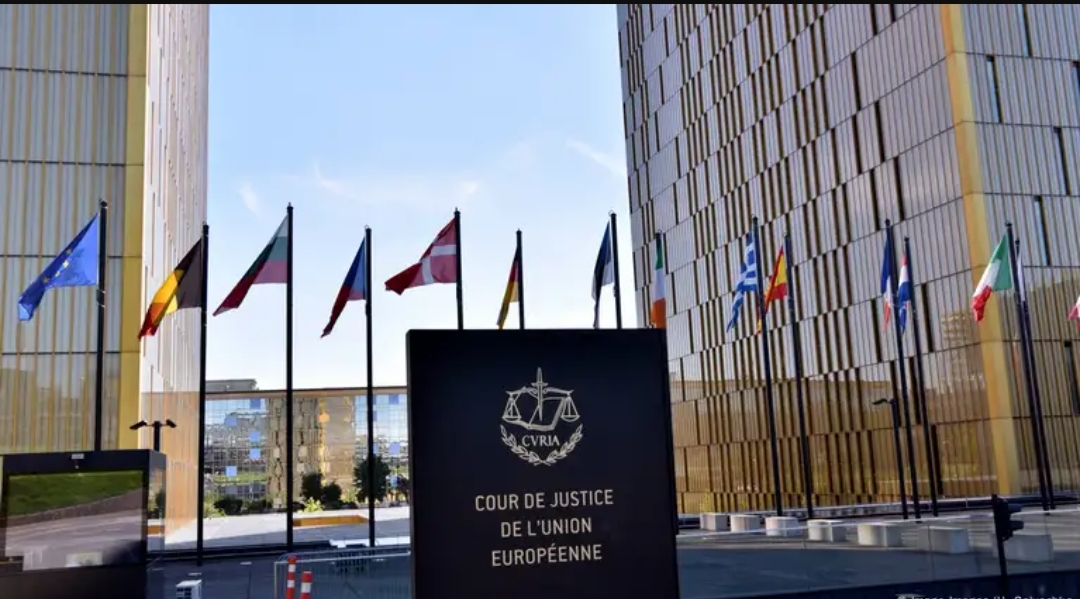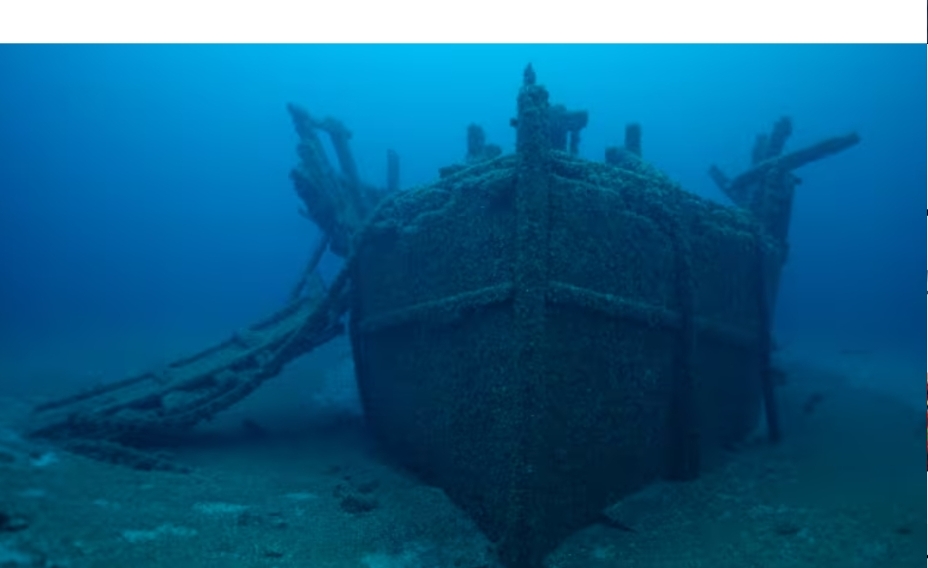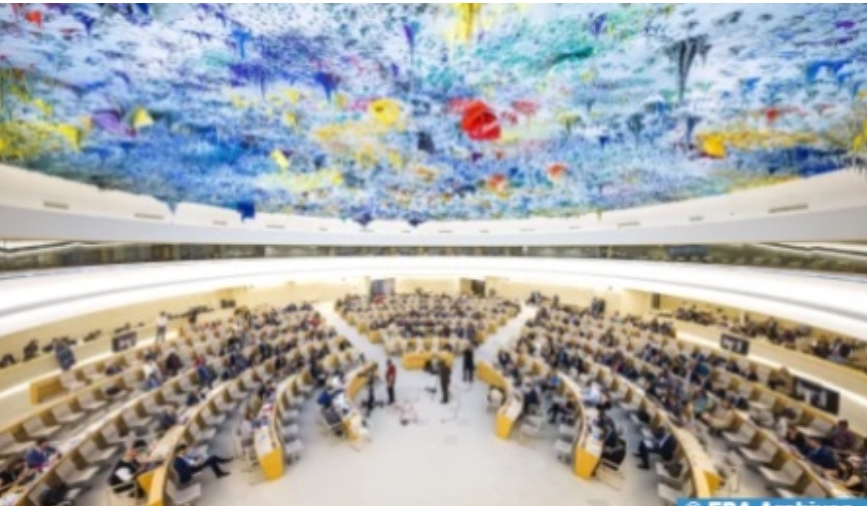Assahafa.com
In a ruling challenging Morocco’s sovereignty, the European Court of Justice confirmed its hostility against Morocco’s territorial integrity.
The court ruled on Friday that the European Commission “violated the right of self-determination of Western Sahara’s population” by concluding trade agreements with Morocco that included products from the disputed territory.
“The consent of the people of Western Sahara to the implementation… is a condition for the validity of the decisions by which the (EU) Council approved those agreements on behalf of the European Union,” the court stated, suggesting that consultations regarding the agreements did not engage the “people of Western Sahara.”
The court’s claims raise questions about the ruling body’s understanding of the region’s historical and political context.
In an apparent hostility toward Morocco, the court further suggested that products such as tomatoes and melons from the region should be labeled to indicate their origin.
By insisting on labeling products from the region, the court intervenes in Morocco’s domestic affairs with this approach disregarding the strong attachment of the local population in the southern provinces.
The court merely aligned itself with pro-Polisario claims, overlooking significant violations by the separatist group – particularly their refusal to allow a census that would accurately determine the number of Sahrawis living in Tindouf camps.
While the UNHCR estimates the population at around 90,000 many, many reports – including testimonies from locals – indicate that the camps contain only about 20% of actual Sahrawis.
Notably, these reports assert that a substantial portion of the population in Tindouf — 80% — comprises Tuareg individuals from various countries across the Sahara, including Niger, Chad, Mali, southern Algeria, and Libya, as noted by former Polisario operatives.
In 2021, the court ostensibly annulled the fisheries agreement between Morocco and the EU adopted in March 2019.
Despite the court’s ruling, Morocco and the EU have been keen to present a united front against the ruling.
Spain frequently echoed the same sentiment, emphasizing that similar rulings do not affect the partnership between the two parties.
On Thursday, Spanish Agriculture Minister Luis Planas reiterated his country’s commitment to boosting stable and strategic relations with Morocco regardless of the court’s ruling.
“If anyone believes that a ruling by the Court of Justice is going to call into question the stability of Morocco’s relationship with Spain or with the European Union, they are mistaken,” he said.
The minister added that ties with Morocco are “positive and stable” with both Spain and the EU.
“Whatever the outcome of tomorrow’s ruling, we are going to work to ensure they continue to be so,” he concluded.
In April, EU High Representative for Foreign Affairs and Security Josep Borrel emphasized the importance of partnership between Morocco and the EU, noting that this cooperation “is more important than ever in the current geopolitical context.”
The court, however, is still firm in its hostility towards Morocco’s territorial integrity.
In March, Advocate General of the European Court of Justice Tamara Capeta alleged that the EU-Morocco fisheries agreement with Morocco did not comply with the “requirement” to treat the territory of Western Sahara as “separate and distinct” from Morocco.
Rebuking similar claims from the EU court, a group of Sahrawis in 2021 defended the agreement in a petition seeking its renewal.
“The theory that the Fisheries Agreement and the Agricultural Agreement do not benefit the local population concerned is not valid…To oppose these two agreements would put a risk to the thousands of families who are financially dependent on maritime and agricultural activities in our southern provinces,” the petition read.
Morocco has frequently stressed that any future agreement with the EU must respect the North African country’s territorial integrity.
In 2021, Morocco’s Foreign Affairs Minister Nasser Bourita said Morocco must “liberate itself from the logic of blackmail that Europe practices from time to time,” stressing that a renewed dynamic with the EU requires more “coordination and vigilance” against the Polsiario’s maneuvers.
Beyond Morocco, several international bodies and countries have slammed the ECJ’s initial ruling against the EU-Morocco partnership.
The Mediterranean Chamber of Fisheries described the initial verdict of September 2021 as “political,” and an inappropriate interference in foreign policy between sovereign states.
The Spanish government also opposed the ruling.
“The fisheries agreement is a priority for Spain, because of its importance for the fishermen of our country, especially for the fleets of Andalusia, the Canary Islands and Galicia,”it said.
Spain pirates about 93 of the 138 EU vessels that fish off Moroccan waters as part of the EU-Morocco fisheries deal.
Source: Morocco word news














